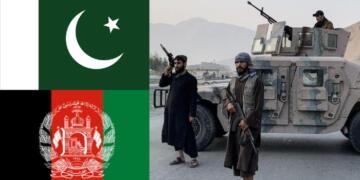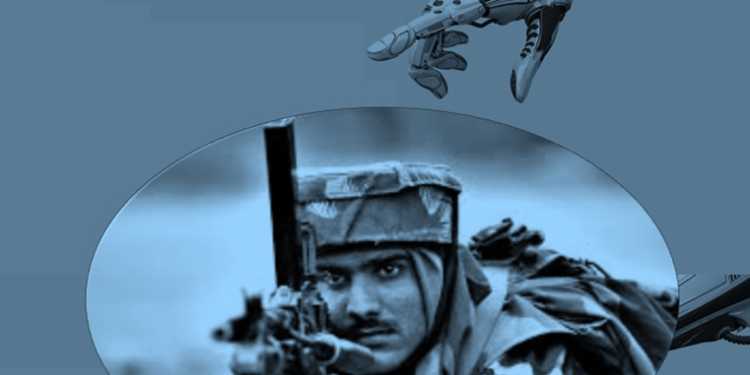The PM Modi led government has once again showcased its firm resolution in making India a security conscious, well defended nation. In keeping with the changing times, India has also kick-started work on the use of artificial intelligence in order to boost the capabilities of the armed forces. As per a Times now report, the government has started on an ambitious defence project with the underlying object of incorporating artificial intelligence in India’s overall defence strategy. This is going to take the operational efficiency and effectiveness of the defence forces to a significantly higher level.
The present plans of the government include equipping the armed forces with unmanned tanks, vessels, aerial vehicles and automatic robotic rifles. This is going to help India in countering threats to its security with greater operational preparedness. This move is reported to be a part of a greater strategy to prepare the Army, Navy and the Air Force for next generation warfare in which automated weapons and artificial intelligence will play a greater role as compared to the manual and conventional means of traditional warfare. Human involvement in warfare is going to decline rapidly and India must match the progress of other nations in relation to new methods of warfare. China has been making huge investments into artificial intelligence, and has been developing innovative measures for its military, which means that India also needs to take this path. Given that relations between India and China are prone to blowing hot and cold, India cannot afford to be complacent. It has to ensure that the nation’s military preparedness does not lag behind China in any way.
Secretary for Defence Production Ajay Kumar has confirmed this report. He has made it clear that the PM Modi government has decided to introduce artificial intelligence across the three defence forces in a ‘big way’. He also disclosed that the project is going to be implemented in a partnership model and the project would be executed between the defence forces and the private sector. Currently, a high-powered task committee headed by Tata Sons Chairman Chandrasekaran is finalising the details of this project. The government has taken this historic step keeping in mind the needs of future warfare. The Secretary for Defence Production further added that artificial intelligence is where the future is going to be. Therefore, we need to prepare ourselves for the next generation of warfare that is going to be technology driven, more and more automated and robotised, and less reliant on human resources and manpower.
According to military sources, the forces have been strongly vying for extensive application of artificial intelligence in their operational preparedness at par with global military superpowers. The sources also believe that use of artificial intelligence in surveillance of Indo-China and Indo-Pak borders will go a long way in easing the immense pressure on the armed forces guarding the sensitive borders. It will be a huge boost for the infantry, especially in the remote and hostile regions of the valley where insurgency is a major security threat.
India has recognised that warfare as a whole is undergoing a massive paradigm shift. India has taken a firm step in this direction at the right time. We have not lagged behind the world powers which are trying to evolve new ways for greater inclusion of artificial intelligence in their military preparedness. The PM Modi led government has made sure that India does not end up being an imitator in this emerging sector, but rather becomes a leading innovator. There are major benefits of using artificial intelligence in military operations. In all probability it will not only enhance the efficiency of forces across the disturbed bordering regions, but also bring down the risk of casualties among the security personnel. By taking this step before its hostile neighbour Pakistan, India has taken the upper hand. If India ensures that it has higher preparedness in terms of artificial intelligence, it will most certainly ensure that India enjoys an absolute advantage in the proxy war between India and Pakistan. India has a robust IT base which will act as the backbone of all counter espionage and counter sabotage operations. DRDO and the stakeholders including the forces that are involved in operational activities will be instrumental in taking ahead this historic project.
From the humanitarian angle, artificial intelligence for the armed forces will not only mean that there would be lesser human resources involved, but also the fact that hihger quality surveillance would result in minimisation of collateral damage and hence a reduction of civilian casualties.

























